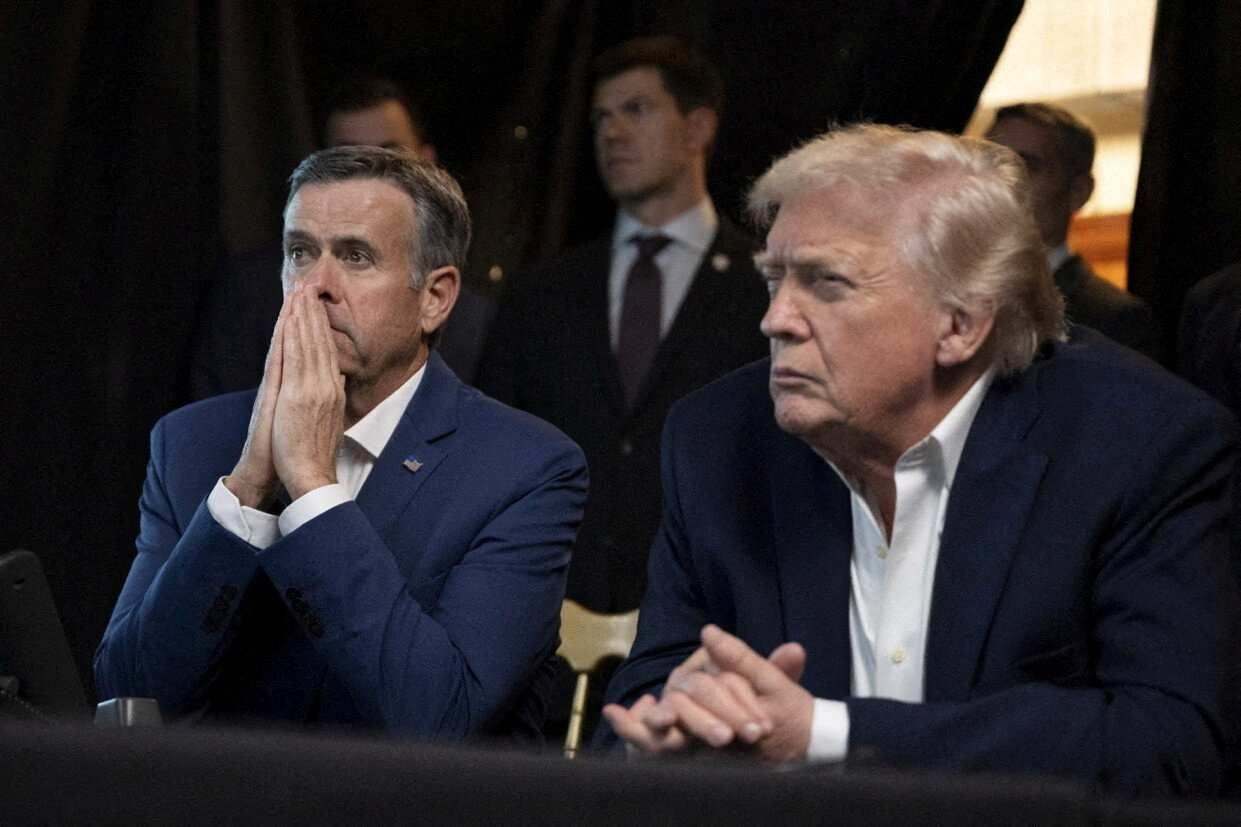January 11, 2019
1: As we reported last Friday, 2018 was just the second year in seven decades without a coup or coup attempt somewhere in the world. This week, a handful of soldiers in Gabon made sure 2019 didn't follow suit. They captured a radio station, but not the government. For 2019, that's one coup and counting.
18 million: The UN estimates there are up to 18 million guns in Libya, a country of 6.5 million people. That's why, according to UN envoy Ghassan Salamé, attempts to persuade warring militias to lay down their weapons are less likely to work than an effort to "persuade those who hold them to keep them silent."
60: Nicolas Maduro was sworn Wednesday for another term as Venezuela's president. Sixty countries refuse to formally recognize his election victory. A seemingly endless economic and political crisis has persuaded three million people to leave the country, and the exodus continues.
60: In France, "yellow vest" protesters have vandalized about 60 percent of the country's speed cameras, according to the interior minister. Some protesters reportedly claim that speed cameras exist mainly to help the state take money from poor people, who apparently drive very fast in France.
More For You

A photograph posted by U.S. President Donald Trump on his Truth Social account shows him sitting next to CIA Director John Ratcliffe as they watch the U.S. military operation in Venezuela from Trump's Mar a Lago resort, in Palm Beach, Florida, U.S., January 3, 2026.
@realDonaldTrump/Handout via REUTERS
Most Popular
- YouTube
In this "ask ian," Ian Bremmer analyzes Trump’s recent meeting with Zelensky and how close (or far) Russia and Ukraine are from a peace deal.
Syrian President Ahmed al-Sharaa attends the military parade of the Syrian army in Umayyad Square in central Damascus to mark the one-year anniversary of the fall of the Assad regime, on Dec. 8, 2025.
Mohammed Al-Rifai/dpa via Reuters Connect
A year ago this month, Syria’s brutal dictatorship collapsed. There are signs of recovery, but sectarian violence threatens to undermine the optimism.
© 2025 GZERO Media. All Rights Reserved | A Eurasia Group media company.